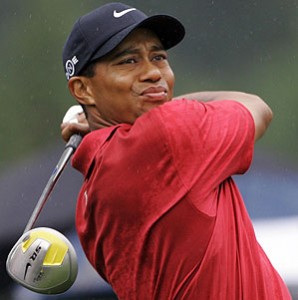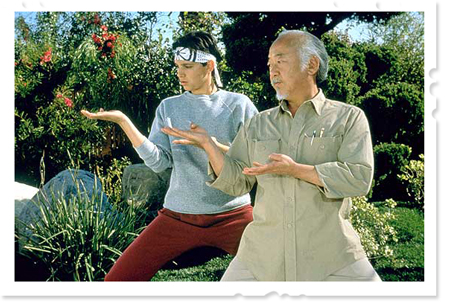How to Stop Self-Editing Articles
Write. Edit. Write. Edit. Edit. Edit. Write.
Does this crazy self-editing sound familiar? If it doesn’t then you’re probably from Mars, because most of us without exception go through a self-edit phase when writing.
And it’s not only when writing that we self-edit
We self-edit when we’re walking. When you walk on gravel you walk differently than when you walk on stone.
We self-edit when we’re talking. We choose words and sentence structure, create different tones and sounds depending on who we’re speaking to, and depending on the language.
We self-edit for every darned thing, but there’s one major difference of course.
The self-correction doesn’t drive us bananas
Writing articles drives us crazy. We can’t seem to help the self-editing process. And the reason for that self-edit is the lack of competency.
Competency is a factor where you have adequate control over what you’re doing and are able to self-adjust quickly. The brain has reached a state of mind, where it has made enough mistakes so that it can now correct the mistakes and move on. Yes, it’s not about getting things right in your brain—it’s about getting things wrong. The brain has to make hundreds, even thousands of mistakes—and overcome those mistakes—to be able to reach a level of competency.
Once it reaches that level of competency it self-edits on the fly…
And the way to test this out for yourself is to get in front of a two-year old child. Get the child to walk on stone, and then on gravel. And they struggle, if not fall repeatedly. Get the child to say a sentence, and they struggle, while their brain edits and self-edits. And yes, you may say that the child’s brain is not fully developed, but quite the contrary is true. At the age of two, the child’s brain has more neural connections than at any point in their lives. As they grow older, they lose many of those neural connections, and so technically speaking at least, the child is in the best possible situation to learn—and learn quickly.
Yet they struggle
And that’s because the brain is trying to eliminate the mistakes. Once the brain makes enough mistakes—and corrects them—it now has a database of information that it can call upon at any time. Your brain has now reached its level of competency in that field, be it walking, talking or writing. Your brain is now able to self-edit on the fly.
And this is what great athletes do.
Great writers do.
Great singers do.
Great speakers do.
They are constantly self-editing, but they’ve reached such a high level of competency, that they’re now into the realm of ‘fluency.’
And that is when self-edit happens so quickly that we can’t see it.
It seems magical.
And when things seem magical, we allocate a word for it: We call it ‘talent.’
Talent, yeah right…
All it is, is a factor of self-editing. Over and over and over again.
Till your article writing looks like this:
Write. Write. Write. Edit. Write. Write. Write. Write. Edit.
P.S. I edited that article just twice after completing in one sweep. The total writing time for that article was less than 25 minutes from conception to final edit.
P.P.S. I started out writing less than 10 articles a year. I now write between 300-500 articles, write 2-3 books, create original content for websites, and have posted over 15,000 posts in forums in the last 5 years. If you told me that I was going to do any of this writing back in the year 2002, I’d have called you a dreamer. And yet, anyone can do it. Yes, anyone.



